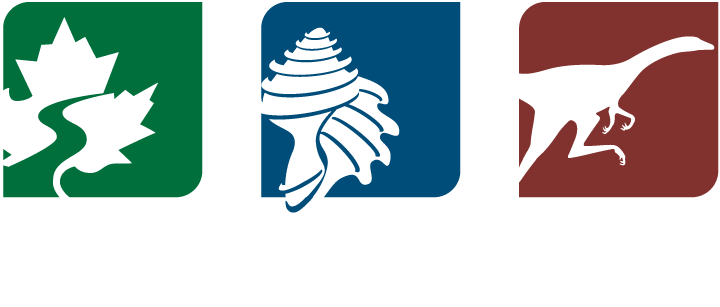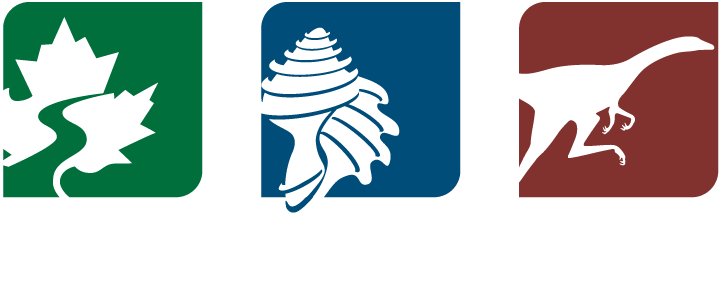War, Climate Change, and Cross Stitch
by Dr. Ingrid Zabel, Climate Change Education Manager
March 23, 2022
The news from Ukraine is terrible. I want the violence to stop, but a sense of dread lives inside me, telling me it’s going to get worse. Like most people, I focus on the human story—the fathers saying goodbye to their children at train stations, the people injured and killed, the Ukrainian refugees welcomed in neighboring countries and the Middle Eastern and African refugees turned away. These all have echoes in my family’s story from many decades ago.
My father was born in 1937 to a happy Jewish family in what was then Zloczow, Poland. Before Germany invaded Poland in 1939, the USSR and Germany had agreed to divide the country between them; after the invasion my father and his family ended up under Soviet occupation. Things got worse when the Germans pushed east in 1941. After horrific violence against Jews in Zloczow, my father and his parents ended up in a forced-labor camp. They were able to smuggle my father and grandmother out, and they were hidden by a courageous Ukrainian schoolteacher and his wife, Mykola and Maria Dyuk. My grandfather chose to remain in the camp, hoping to join them later, but he was executed by the Nazis for having tried to organize a revolt.
Following the war, this part of the world became part of the USSR, and then an independent Ukraine in 1991. The name of my father’s hometown changed from Zloczow to Zolochiv. My father and grandmother, having survived the war, first lived in several displaced persons camps in Europe, and eventually made it to America. The value of the Dyuk family having saved my family members’ lives is incalculable, and in gratitude my family sent what they could in the form of care packages, starting in the 1950s. One thing Maria Dyuk requested was embroidery thread. The Russian thread she could get was poor quality and the colors ran; she asked if my grandmother could send high quality thread that we could get in America.
The author admiring Dyuk family embroideries in Ukraine, 2009
Maria Dyuk was a master embroiderer. She made beautiful textiles, often with cross stitch patterns in the red and black colors that are traditional in many regions of Ukraine. I got to see some of her work when we visited her descendants in Ukraine in 2009, and they graciously invited us to stay at their home. The fabrics she embroidered are tightly woven and have tiny holes between the threads; if you have ever done cross stitch embroidery you will know that working with this type of fabric takes excellent eyesight and dexterity, and yields incredibly fine results. The work also requires creativity, mathematical thinking, planning and the ability to envision an end result, and perhaps most of all, patience.
When I think about the war in Ukraine I can’t help but connect it with the past, but I think mostly about our friends there, wondering if they are safe. We heard that they were okay early on in the war, but have not heard from them recently.
I also think about climate change. How can I think about that now? It’s my job to think about it, and so many photos from the war zone remind me of it daily. The war runs on oil and gas to fuel tanks, trucks, and planes, and the climate crisis has not gotten any better since Russia invaded Ukraine. The carbon emissions from warfare are the least of anyone’s problems, but they are real, and tragic. When we burn fossil fuels for peaceful activities we at least get some benefit along with the environmental price we pay, but for war? What a senseless waste.
Many people around the world are still working hard to stop heating up the Earth and to become more resilient to climate change. But right now there’s a risk of being distracted away from this important work, and from talking about it. Couple this with the economic and political pressures to expand fossil fuel production during this time of warfare, and we could lose a lot of ground in the climate fight.
I do have some hope. Maybe Russia’s invasion of Ukraine will further motivate European countries to reduce their dependence on Russian fossil fuels, and these countries will move even more quickly to a renewable energy future. This should be easier now than during the oil crisis of the 1970s when Americans were motivated to become energy independent, because solar and wind energy technologies are much better developed today. And maybe, just maybe, the unity achieved by so many countries in support of Ukraine can translate to unity on taking climate action as well.
In so many aspects of my life, I get inspiration from my family—from my grandfather’s courage, my grandmother’s strength, and my father’s resilience. I’m going to keep working on stopping climate change, and I’m going to take inspiration from Maria Dyuk’s skill as an embroiderer. Planning, creativity, and the ability to envision an end result can help me push on to do what I can. My heart breaks for the people of Ukraine—and for Russians who are suffering under sanctions brought on by Putin’s rash and cruel actions. I will stitch up my heart, and move forward.


